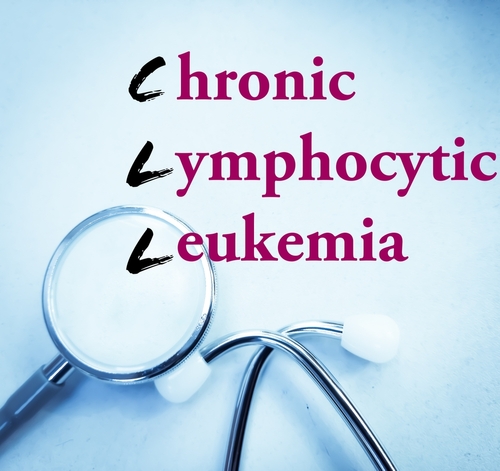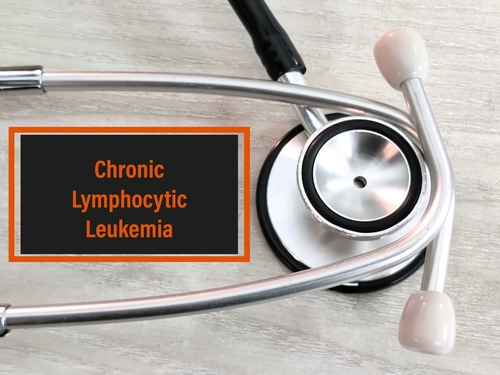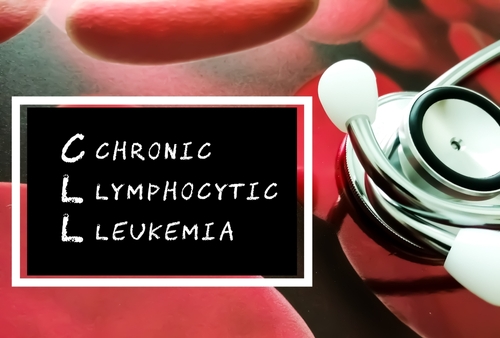
A study finds that CD200 is an effective diagnostic marker in patients with atypical chronic lymphocytic leukemia (CLL). These findings were presented at the SOHO 2024 Annual Meeting.
“The diagnosis of CLL relies on specific criteria, including the number of neoplastic B-cells present in peripheral blood, their morphology, and immunophenotype. Despite numerous studies, accurate diagnosis remains challenging, particularly in atypical CLL, where immunophenotypes overlap with those of mature B-cell neoplasms,” the researchers noted.
Researchers assessed the data of 101 patients with CLL (49 men, 52 women) who received their primary diagnosis from May 2019 to May 2022. They performed multicolor flow cytometric immunophenotypic analysis on cell suspensions of fresh peripheral blood samples collected in EDTA. Subsequently, they assessed the expression of all essential markers, including CD5, CD19, CD23, CD20, Ig kappa, and Ig lambda, along with recommended markers such as CD43, CD79b, CD81, CD200, and CD10. The analysis specifically focused on CD200 expression and its significance as a diagnostic tool.
The results showed that CD200 was expressed in most patients (96.1%), with an average positivity of 82.2%. The researchers noted that while the positivity of CD200 in CLL cells varied from 20% to 99%, few (10) cases had an expression level below 50%. Moreover, the study found that 75% of patients had more than 72% CD200 positive B-cells.
The investigators concluded, “CD200 is a handy marker, is highly informative in diagnostic immunophenotyping in CLL, and should be considered a required marker in atypical CLL patients for whom the Matutes scoring system is ineffective.”
Reference
Ghazaryan N, Matinyan L, Hovhannisyan A, Meliksetyan K, Hakobyan Y. The First Evaluation of the Antigenic
Profile of CLL Patients in Armenia and the Consideration of CD200 as a Required Marker. Abstract #CLL-125. Presented at the Society of Hematologic Oncology Meeting 2024; September 4-7, 2024; Houston, Texas.





 © 2025 Mashup Media, LLC, a Formedics Property. All Rights Reserved.
© 2025 Mashup Media, LLC, a Formedics Property. All Rights Reserved.